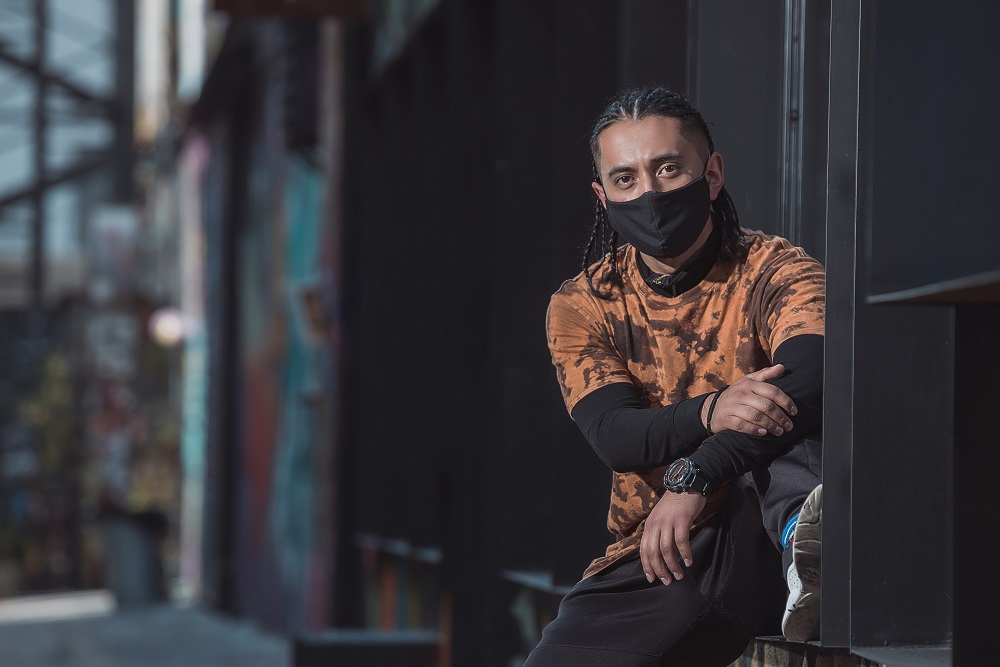The fickle fashion industry has done it again. They have come up with a new entity that defies concrete definition. This time it is streetwear. How one defines streetwear depends on one’s perspective. Is it a fashion trend, a particular style, or something else entirely? It’s all the above.
Streetwear defies classical definition because it is not subject to the runway. It’s also not subject to the whims of fashion designers with fancy names and multi-million-dollar budgets. Streetwear is the clothing of the people. It is driven by pop-culture and celebrity endorsements. And if you get it right, you could make millions.
From a Couple Hundred Dollars
The Philadelphia Inquirer recently ran a story detailing the meteoric rise of 15-year-old entrepreneur, Trey Brown, who launched his own clothing line at age 12. The young man started with $178 and has since turned it into more than a million, along with securing investment funding and a celebrity endorsement.
The funding came from Daymond John after a successful pitch on ABC’s Shark Tank. As for the celebrity endorsement, it comes from none other than legendary hip-hop artist Sean “Diddy” Combs.
Brown’s quick success is part luck and part cultural awareness. He was well aware of the allure of streetwear when he spent his life savings to have his first batch of clothes produced by a local printer. He also knows that streetwear isn’t going away. It is the new foundation of fashion, and he intends to cash in on it.
A Whole New Business Model
Streetwear could be loosely defined as casual clothing you wear on the street. Under that definition, it could be anything from an anime T-shirt from Umai to a pair of generic sweatpants purchased at Walmart. But to the people who produce streetwear, it represents a whole new business model.
Streetwear designers do not take it upon themselves to come up with new designs and expect the world to adapt to them. Rather, they take the pulse of their customers on the street. Then they produce items appropriate to the vibe. For that reason, designers do not follow a particular schedule. One line might be extremely hot for six months to a year. Another may catch fire only to die out two months later.
Because streetwear relies so heavily on pop culture, the business model requires paying attention to the cultural trends of the day. Designers have to be quick to respond. They also have to know what will have enough staying power to make it worthwhile to produce items around it. If the latest fad looks like it is not going to survive more than a couple of months, there may not be enough time to get a new line out and sold.
Celebrity Means a Lot
The fashion industry has long relied on celebrity endorsements to move product. But because streetwear does not have the runway behind it, celebrity means a whole lot more. Not only do boutique streetwear brands work hard to line up celebrity endorsements, but celebrities themselves aren’t afraid to launch their own lines to cash in on their names.
At the heart of it all is a desire among consumers to throw off business suits, dress shoes, ties, and skirts in favor of all things casual. From T-shirts to hoodies to those stretchy yoga pants so many people love, streetwear is as comfortable as it is pop-culture relevant.
Streetwear isn’t a particular fashion trend, style, or movement. It is all three wrapped into one. It is clothing that represents the values of the people who wear it rather than those of the fashion industry.



